Humanistic and Existential Theories Worksheet
Are you interested in exploring the deeper aspects of human psychology? If so, the Humanistic and Existential Theories Worksheet might be just what you're looking for. This comprehensive worksheet delves into the concepts and principles of these two influential perspectives in psychology, providing a platform for self-reflection and personal growth. Whether you are a psychology student, therapist, or simply curious about human behavior, this worksheet offers valuable insights and exercises to enhance your understanding of the human experience.
Table of Images 👆
More Other Worksheets
Kindergarten Worksheet My RoomSpanish Verb Worksheets
Cooking Vocabulary Worksheet
DNA Code Worksheet
Meiosis Worksheet Answer Key
Art Handouts and Worksheets
7 Elements of Art Worksheets
All Amendment Worksheet
Symmetry Art Worksheets
Daily Meal Planning Worksheet
What are the key principles of humanistic theories?
The key principles of humanistic theories include an emphasis on human potential and intrinsic motivation, the importance of personal growth and self-actualization, a focus on the individual's subjective experience and unique perspective, a belief in the importance of personal responsibility and agency, as well as a holistic and integrated view of human beings that considers their mind, body, and spirit. These theories also prioritize the therapeutic relationship and the value of empathy, acceptance, and genuineness in facilitating personal development and psychological well-being.
How do humanistic theories view human nature?
Humanistic theories view human nature as inherently good, with the belief that individuals have the capacity for self-awareness, growth, and self-actualization. These theories emphasize the importance of personal agency, free will, and individual potential for positive development and fulfillment. Humanistic psychologists such as Carl Rogers and Abraham Maslow emphasize the importance of self-acceptance, empathy, and authenticity in understanding and supporting human nature.
What is self-actualization and how does it relate to humanistic theories?
Self-actualization refers to the process of realizing and fulfilling one's highest potential. This concept is central to humanistic theories, particularly Abraham Maslow's hierarchy of needs. According to Maslow, self-actualization is the pinnacle of human development, where individuals strive to achieve personal growth, authenticity, and fulfillment. Humanistic theories emphasize the importance of individuals' subjective experiences, self-awareness, and personal growth in reaching self-actualization. This process involves a deep exploration of one's identity, values, and beliefs, as well as continuous self-improvement and striving towards achieving one's full potential.
How do humanistic theories emphasize personal growth and development?
Humanistic theories emphasize personal growth and development by focusing on individuals as inherently good and capable of self-actualization. These theories prioritize the importance of self-awareness, self-exploration, and self-improvement through introspection and reflection. Humanistic psychologists believe that individuals have the potential for growth and fulfillment by striving towards their unique potential and becoming the best version of themselves. This emphasis on personal growth and development is central to humanistic theories such as Maslow's hierarchy of needs and Carl Rogers' person-centered therapy, which promote self-discovery, authenticity, and self-actualization as key components of psychological well-being.
What is the therapeutic goal of humanistic therapies?
The therapeutic goal of humanistic therapies is to help individuals develop self-awareness, self-acceptance, and personal growth by focusing on their present experiences and emotions, fostering a nonjudgmental and empathetic therapeutic relationship, and encouraging clients to explore and fulfill their potential for self-actualization and personal fulfillment.
What are the key principles of existential theories?
Existential theories emphasize the individual's freedom, responsibility, and search for meaning in a seemingly indifferent world. Other key principles include the importance of authentic self-expression, self-awareness, confronting existential truths such as mortality and suffering, and the idea that personal experience is a primary source of knowledge. Existential theorists also focus on the idea of creating one's own values and choices, and the belief that each person has the capacity to shape their own existence through their decisions and actions.
How do existential theories view human nature?
Existential theories view human nature as inherently subjective, free, and responsible for creating meaning in an inherently meaningless universe. They emphasize the importance of individual choice, personal experience, and authenticity in shaping one's own existence, and highlight the struggles and anxiety that arise from facing the freedom and responsibility to define one's own values and purpose in life. Ultimately, existential theories argue that humans have the capacity to transcend their circumstances and create their own essence through their actions and choices.
How do existential theories address existential anxiety and existential guilt?
Existential theories address existential anxiety and existential guilt by exploring the nature of human existence, meaning, and purpose. They suggest that individuals experience anxiety and guilt when they confront the inherent uncertainties and responsibilities of existence and when they are confronted with the potential for freedom and choice. These theories encourage individuals to confront these feelings authentically, engage in self-reflection, and take responsibility for their actions in order to find a sense of meaning and fulfillment in their lives.
What is the significance of freedom and responsibility in existential theories?
Freedom and responsibility are central concepts in existential theories as they emphasize the idea that individuals have the freedom to make choices and create their own meaning in life. Existentialists believe that with freedom comes the responsibility to make authentic choices and to take ownership of the consequences of those choices. This existential perspective highlights the importance of personal agency, autonomy, and the need to confront the uncertainty and challenges of existence with courage and integrity. Ultimately, embracing both freedom and responsibility in existential theories can lead individuals to a deeper sense of self-awareness, purpose, and fulfillment in their lives.
How do existential therapies help individuals find meaning and purpose in life?
Existential therapies help individuals find meaning and purpose in life by exploring and reflecting on their own values, beliefs, choices, and responsibilities. By fostering awareness of one's own existence and mortality, individuals are encouraged to confront their fears and uncertainties, leading to a deeper understanding of their unique purpose and values. Through this self-exploration, existential therapy can support individuals in creating a sense of meaning and direction in their lives, ultimately empowering them to live authentically and with a greater sense of fulfillment.
Have something to share?
Who is Worksheeto?
At Worksheeto, we are committed to delivering an extensive and varied portfolio of superior quality worksheets, designed to address the educational demands of students, educators, and parents.

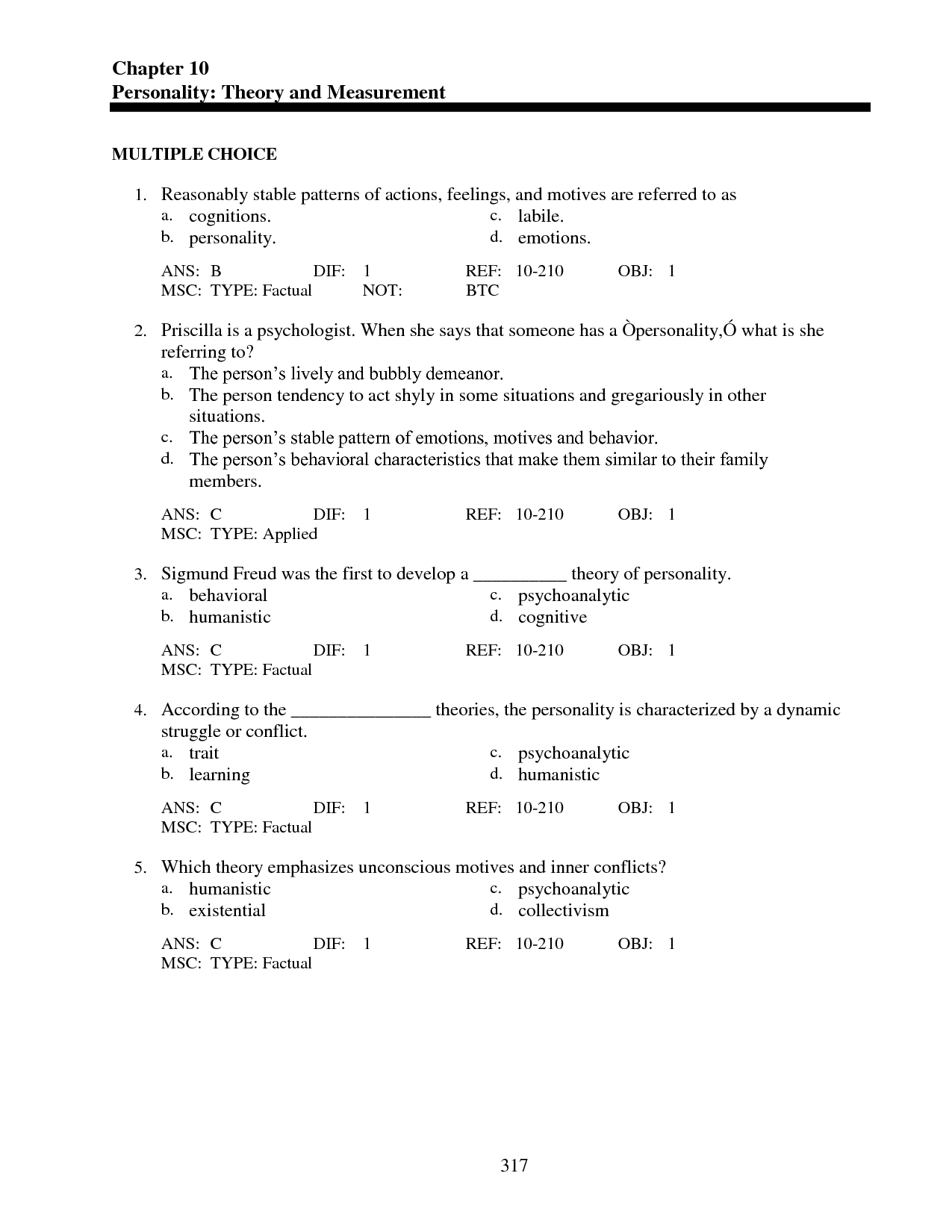



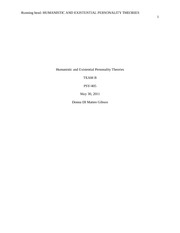
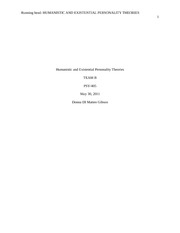
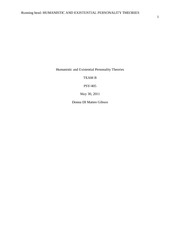
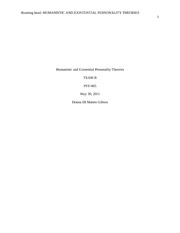
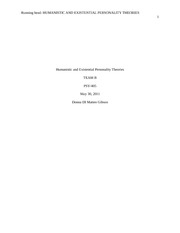

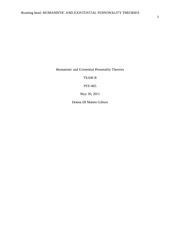
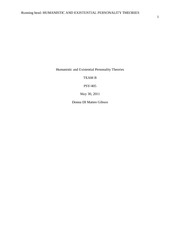
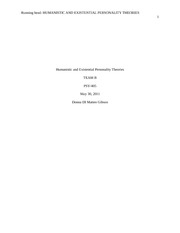
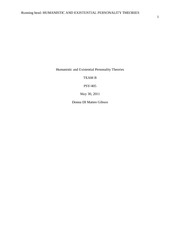
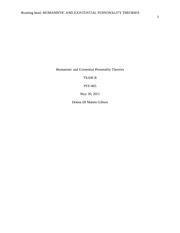

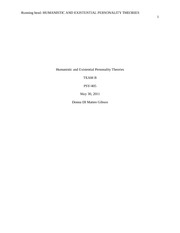
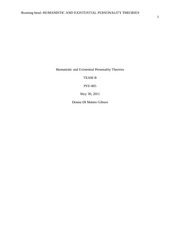
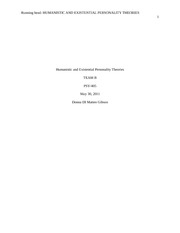
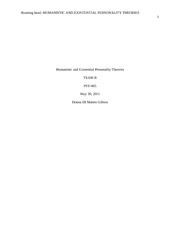














Comments